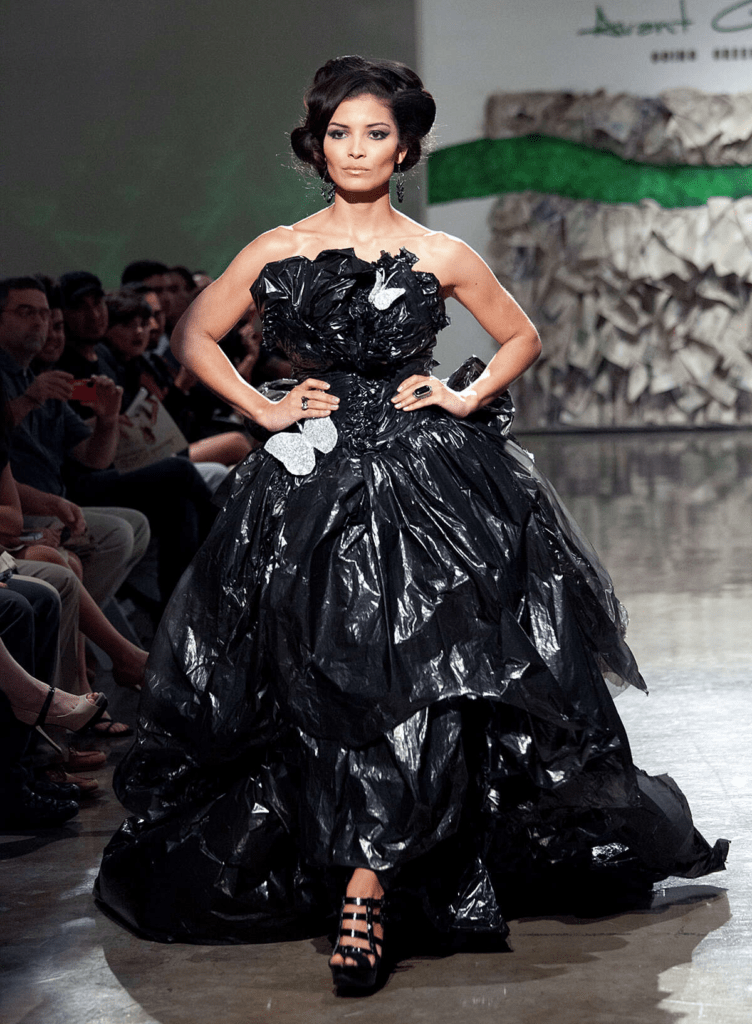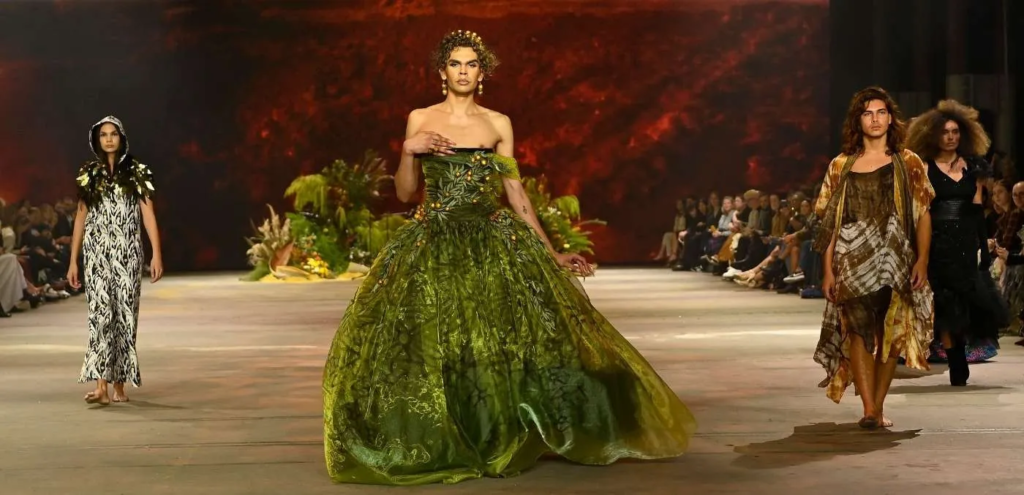As we enter 2024, the fashion industry continues evolving, with sustainability at the forefront. With increasing awareness about environmental issues, consumers in the UK and worldwide demand more eco-friendly clothing options. Here are the top sustainable fashion trends in 2024 that reflect this growing commitment to ethical and green fashion.
1. Circular Fashion Economy
One of the most significant shifts in the fashion industry is towards a circular fashion economy. The difference is seen unlike that of our traditional linear model of ‘take, make, dispose of,’ the global economy focuses on reusing and recycling materials. This trend promotes the longevity of clothing items, reducing waste and minimising environmental impact. Brands in the UK are leading the charge, creating products designed for durability, repair, and recycling.
2. Eco-Friendly Clothing Materials
In 2024, expect to see a rise in the use of organic materials in fashion. Organic cotton, hemp, and bamboo are becoming more popular as they are grown without harmful pesticides and synthetic fertilisers. These materials are better for the environment and offer comfort and durability. Additionally, recycled fabrics, including polyester made from plastic bottles and repurposed textiles, are gaining traction. These innovations help reduce the industry’s carbon footprint and promote a more sustainable clothing market.
3. Vegan Fashion

Vegan fashion, as we all know, is no longer a niche market. The demand for vegan-friendly clothing is rising, with many consumers adopting vegan lifestyles. Brands are now offering products made without any animal-derived materials. This includes leather alternatives made from mushrooms, pineapples, and even apples. Vegan fashion supports animal welfare and reduces the environmental impact associated with traditional leather production.
4. Second-hand and Upcycled Fashion
The second-hand fashion market in the UK is booming, driven by a desire for unique, affordable, and sustainable clothing. Thrifting and vintage shopping have become mainstream, with many consumers opting for pre-loved items over new ones. Upcycled fashion, where designers transform old or discarded clothing into new, stylish pieces, is gaining popularity. This trend reduces waste and encourages creativity and innovation in fashion design.
5. Zero Waste Fashion
Zero-waste fashion aims to eliminate textile waste by using every part of the fabric during the design process. Designers create patterns that ensure minimal waste, often incorporating leftover materials into new garments. This approach conserves resources and challenges the industry to think more critically about production processes. In 2024, more zero-waste collections are expected from established brands and emerging designers.
6. Carbon-Neutral Fashion
As the effects of climate change become more pronounced, the push for carbon-neutral fashion is stronger than ever. Brands strive to reduce carbon emissions by adopting sustainable practices throughout their supply chains. This includes using renewable energy sources, optimising transportation methods, and investing in carbon offset programs. By committing to carbon neutrality, fashion companies are playing a crucial role in sustainability and mitigating the environmental impact of their operations.

7. Biodegradable Clothing
Biodegradable clothing is an innovative solution to the problem of textile waste. Made from natural fibres that can decompose naturally, these garments leave no harmful environmental residues. Materials like organic cotton, wool, and silk are being used to create biodegradable clothing lines. As consumers become more aware and environmentally conscious, the demand for such products is expected to rise, making it a significant trend in 2024.
8. Ethical Fashion Brands
Ethical fashion brands in the UK are gaining recognition for their commitment to fair labour practices, transparency, and environmental stewardship. These brands ensure their products are made in safe working conditions, with fair wages and no exploitation. By supporting ethical fashion brands, consumers can positively impact the environment and the lives of garment workers worldwide.
9. Slow Fashion Movement
The slow fashion movement responds to the fast fashion industry’s rapid production cycles and disposable culture. Slow fashion emphasises quality over quantity and encourages consumers to invest in timeless, well-made pieces that will last years. This trend promotes mindful consumption and supports brands prioritising sustainable and ethical practices.
10. Green Fashion Initiatives in the UK
The UK is at the forefront of various green fashion initiatives to promote sustainability within the industry. These initiatives drive significant changes from government policies encouraging eco-friendly practices to collaborations between fashion brands and environmental organisations. Consumers/end users also play a vital role by demanding sustainable products, including transparency and accountability from their favourite brands.
Conclusion
Sustainable fashion demand is not just a trend; it’s a movement that’s reshaping the industry. As we look ahead to 2024, the focus on eco-friendly clothing, ethical practices, and innovative solutions is stronger than ever. By embracing these trends, the fashion industry can contribute to a more sustainable future, one stylish step at a time.










